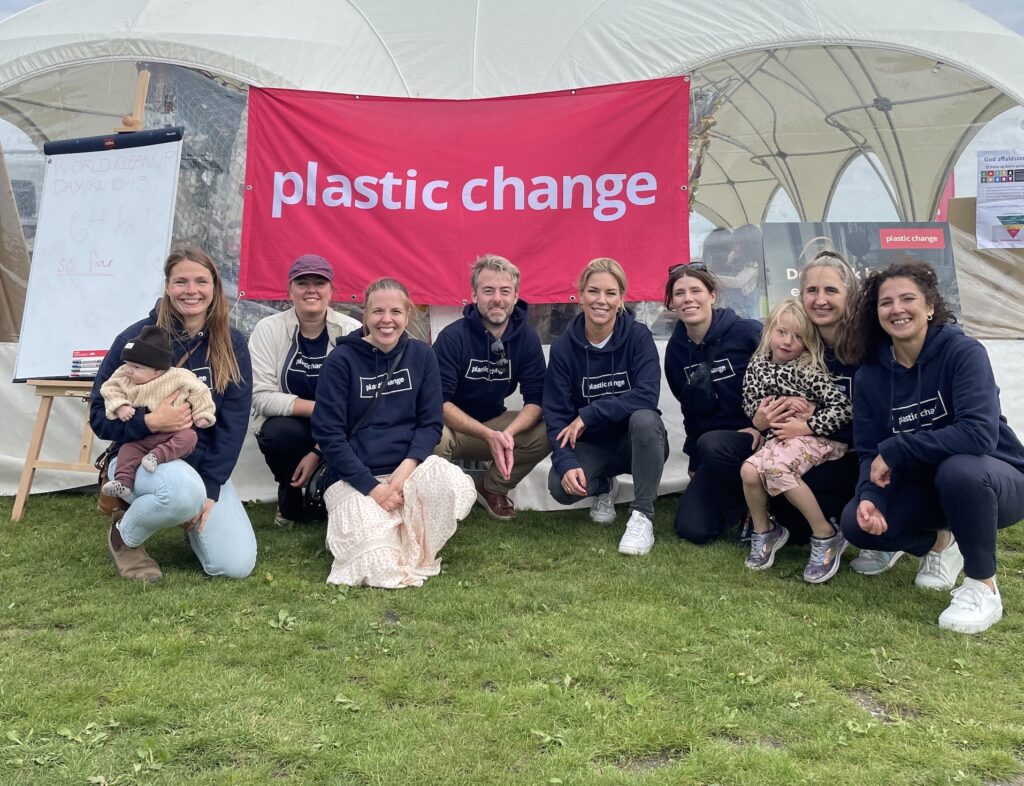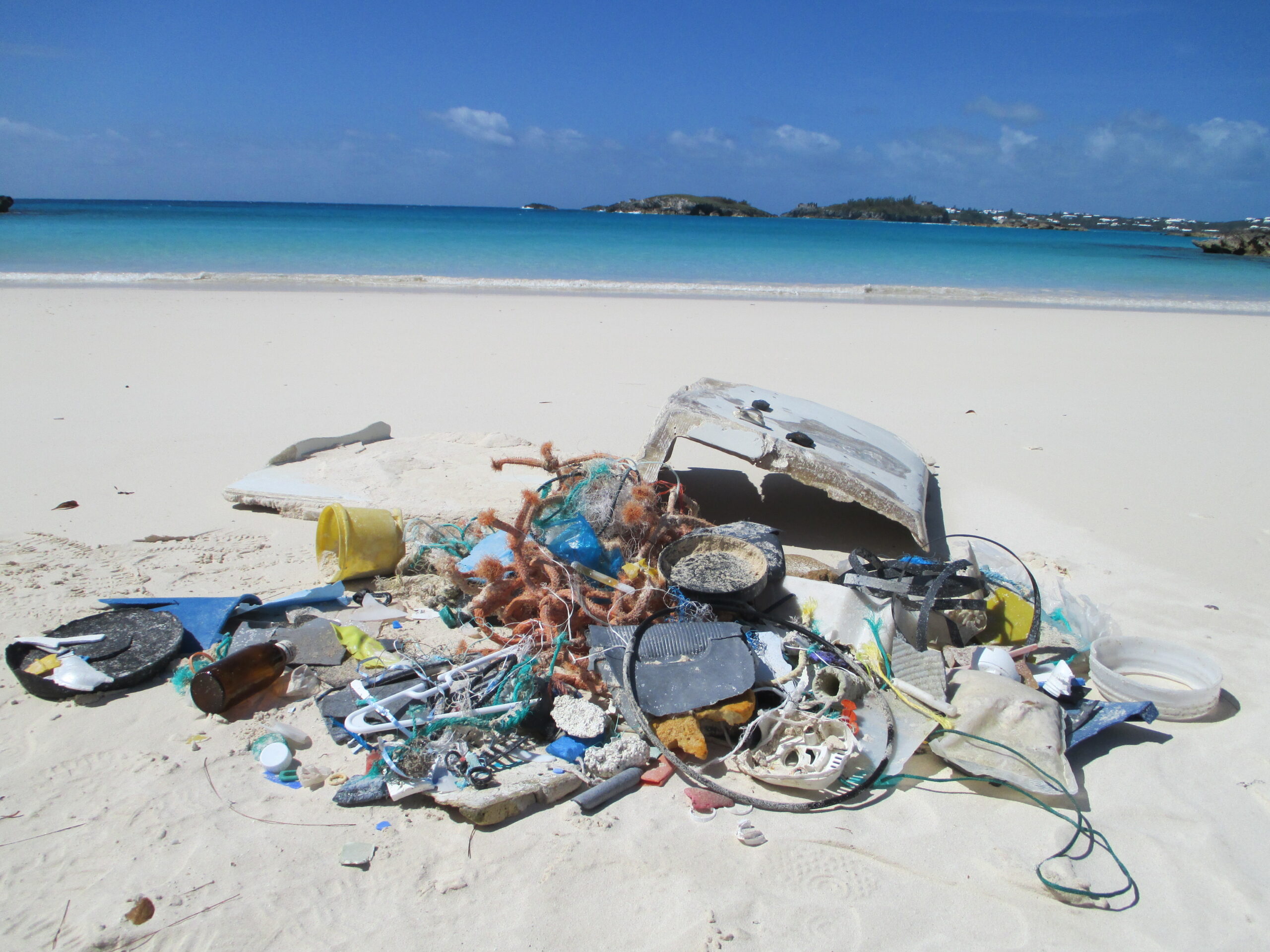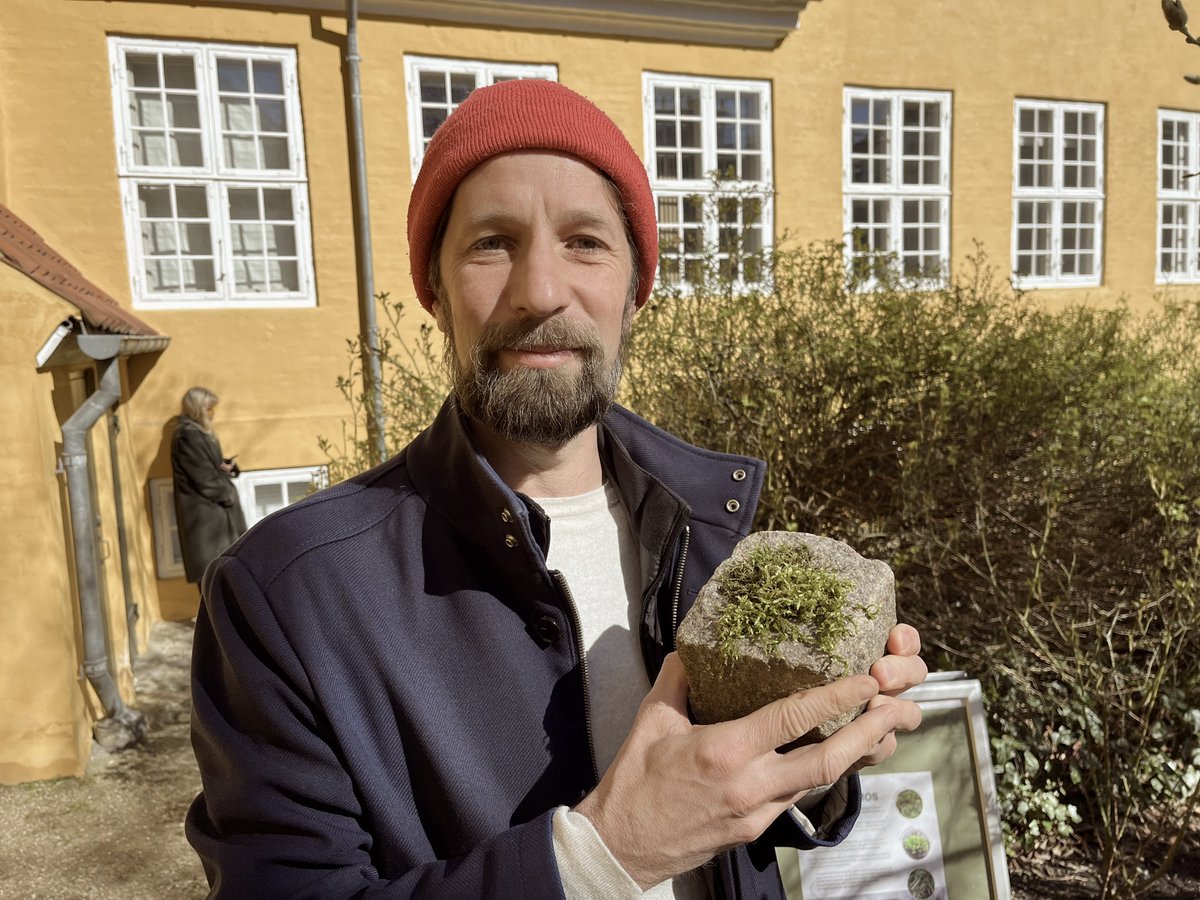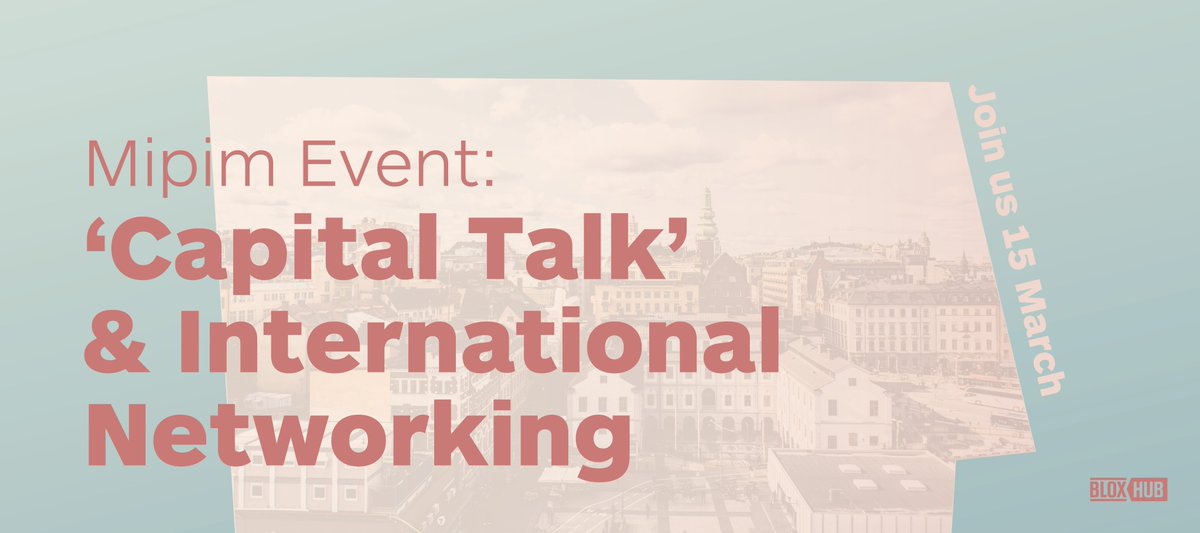In a world awash with plastic, the urgency to address its pervasive impact has reached an alarming peak. Millions of tons of plastic find their way into our oceans and natural ecosystems, thereby endangering wildlife and disrupting entire ecosystems with microscopic invaders. Equally alarmingly, microplastic accumulates in various parts of the human body, marking a new and concerning development.
In Denmark, NGO Plastic Change is dedicated to addressing the problem of plastic pollution. Their mission is challenging the roots of plastic consumption and production – calling for public awareness, new legislation, and ways to phase out single-use plastic.
Recently, Plastic Change teamed up with fellow BLOXHUB member New Loop, a pioneer in circular systems for takeaway packaging. Together, they initiated an open letter to the Danish Parliament, calling for establishing a nationwide reuse system for takeaway packaging.
We sat down with CEO Louise Lerche-Gredal to discuss Plastic Change’s efforts for change, innovative strategies, legislative advocacy, and the impact of collaborations.
Q: What are the most pressing challenges concerning plastic pollution in today’s global climate crisis from your perspective?
A: Plastic symbolizes our overconsumption and exploitation of the Earth’s resources. If the current trend continues, by 2050, four times as much plastic will be produced annually as today, with far-reaching negative consequences for the environment, climate, biodiversity, and human health. In this light, it is incomprehensible that almost half of all new plastic is used only once. It requires a departure from the disposable culture and international regulation to eliminate plastic pollution.
Q: What specific goals is Plastic Change aiming to achieve?
A: We aim to “turn off the tap” and reverse the trend to achieve a world without plastic pollution. This big and ambitious goal can be accomplished only by engaging decision-makers, businesses, and citizens in transitioning to a society where plastic plays a different, less prominent role in our lives and daily routines. One challenge is raising awareness that plastic is derived from oil and already exerts pressure on our planet before it transforms into pollution.
Q: Is the legislation in this area ambitious enough? What role can Plastic Change play in implementing new policies and ambitious legislation in this area?
A: Neither in Denmark, at the EU level, nor globally, is the current legislation ambitious enough. For Denmark to be a green frontrunner leading the way in green transformation, our politicians must challenge the current throwaway culture and not just wait for EU regulation in the environmental sector. Plastic Change contributes with knowledge and concrete proposals that can help reduce plastic consumption and the negative impacts of it. We act as a watchdog, monitoring relevant legislative proposals and advocating for them to be as ambitious as possible. Internationally, we are an active part of several alliances that advocate for environmental and climate considerations in the context of the UN and the EU.
Q: Are you optimistic about the current development?
A: The escalating rates of plastic production are a cause for concern, but fortunately, we are witnessing a growing political consciousness that we cannot sustain the status quo. This awareness is reflected in various areas of EU legislation, where companies are mandated to reduce their climate and environmental footprint.
We hold high expectations for the UN Plastic Treaty, which has the potential to be a true game-changer. 175 nations have decided to develop a legally binding agreement on plastic pollution by 2024. Right now, our strategic director is participating in the third round of negotiations taking place in Kenya. Plastic Change is the sole Danish environmental organization participating as an observer in the negotiations, and we anticipate that this legally binding agreement can establish a new benchmark for plastic production, fostering ambitious global goals.
Q: What role does innovation play in the fight against plastic?
A: Innovation plays a crucial role in the fight against plastic pollution. We cannot solve the problem solely through innovation, but good ideas are undoubtedly needed to reduce plastic consumption. Many buttons must be adjusted to achieve our goals in the coming years.
Take, for instance, circular reuse systems like the model introduced by New Loop, which offers a better alternative to single-use packaging. Equally vital is rethinking product design so that products last longer, can be repaired, and are free from harmful chemicals. It is not enough to replace plastic with recyclable plastic and call it sustainable. The innovation lies in creating genuine green solutions to reduce plastic consumption.
Q: How do partnerships with other BLOXHUB members help you reach your goals?
A: Recently, together with New Loop, the Danish Society for Nature Conservation, and the Danish Restaurants and Cafes, we initiated an open letter to the Danish Parliament with a call to action: we want a nationwide reuse system for takeaway packaging in Denmark. Because of our collaboration, the letter had a significant impact and sent a strong political signal that we are proud of. We hope the system will be part of the future Danish Plastic Action Plan.
As an NGO, we have knowledge, ideas, and a broad overview of the issue and the consequences of plastic. But to influence citizens’ behavior, we need expertise from companies like Behave Green, another company with a BLOXHUB base. Their studies on changing behavior in green transformation have been very beneficial. We have also worked with the Institute for Futures Studies in our latest campaign event about how we see and dream about a sustainable future.
Q: What is the next campaign or initiative we will see from you?
This week, we are delivering many thousands of signatures from the Danish public to Environment Minister Magnus Heunicke in connection with the negotiations on a ban on the export of plastic waste from the EU. Currently, some of the plastic waste that cannot be recycled is being sent to vulnerable Asian communities, where it ends up as pollution. We believe that this practice should be prohibited.
We are also making significant efforts regarding harmful chemicals in plastic, advocating for their prohibition. So, there are plenty of agendas on Plastic Changes’ schedule.








